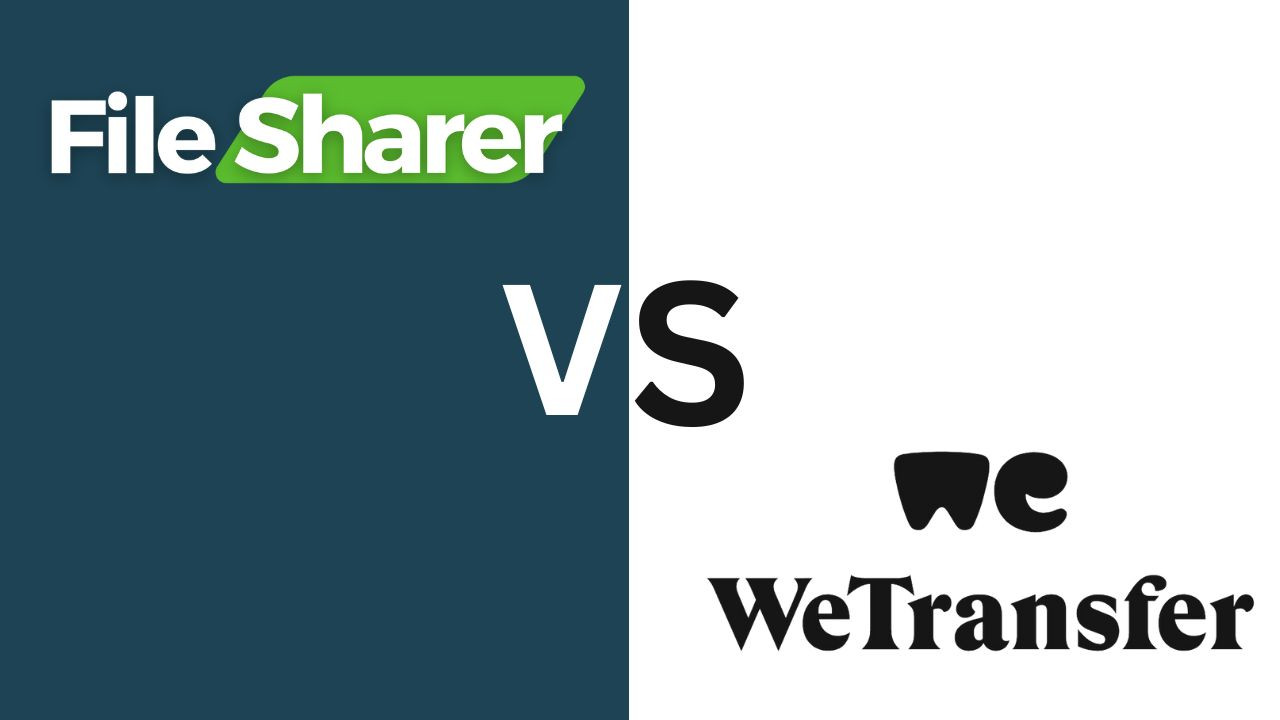In our connected world, access to the internet has become a necessity, and we're constantly switching between Wi-Fi and mobile data to stay online. But when it comes to speed, which is truly faster: Wi-Fi or mobile data?
The answer isn't as simple as it might seem—it depends on various factors such as signal strength, network congestion, and your specific use case. In this blog post, we'll break down the key differences between Wi-Fi and mobile data, explore their advantages, and help you determine which option is faster for your needs.
What is Wi-Fi?
Wi-Fi connects your device to the internet through a local network. Typically, this is done using a router, which is connected to an internet service provider (ISP). The speed of your Wi-Fi connection largely depends on the internet plan you’ve chosen and the quality of your router. Wi-Fi can be used by multiple devices simultaneously, and it’s commonly found in homes, offices, coffee shops, airports, and many other public places.
What is Mobile Data?
Mobile data connects your device to the internet using your cellular provider’s network, whether it's 4G LTE or 5G. This allows you to access the internet wherever you have cellular coverage, regardless of whether there's a Wi-Fi network available. Mobile data works through cell towers, and your speed depends on the signal strength and the technology (3G, 4G LTE, or 5G) in your area.
Comparing Speed: Wi-Fi vs. Mobile Data
1. Wi-Fi Speeds
Wi-Fi speeds are determined by the broadband plan provided by your ISP. For instance, typical broadband speeds range from 25 Mbps for basic plans to over 1 Gbps (1000 Mbps) for fiber-optic connections. However, Wi-Fi speed can vary based on factors like router quality, distance from the router, network congestion, and interference from other devices (e.g., microwaves or neighboring networks).
- Advantages:
- Generally faster in areas with strong infrastructure, such as homes or offices.
- High bandwidth, making it ideal for downloading large files, streaming in HD or 4K, and connecting multiple devices simultaneously.
- Challenges:
- The speed decreases with distance from the router.
- Slower in congested networks or areas with weak infrastructure.
- Subject to interference from other electronic devices or networks.
2. Mobile Data Speeds
Mobile data speed depends on the type of connection available. 4G LTE offers speeds ranging from 20 Mbps to 100 Mbps on average, while 5G networks can reach speeds of over 1 Gbps. However, these speeds vary greatly depending on your location, network congestion, and signal strength.
-
Advantages:
- 5G can deliver speeds that rival or even surpass home Wi-Fi, particularly in areas with limited wired internet options.
- Always available as long as you have cell service, making it ideal for mobility and travel.
- No reliance on routers or other equipment, just the cellular network.
-
Challenges:
- Speed can drop significantly in areas with poor signal strength or network congestion.
- Limited by data caps or throttling, which can slow speeds after reaching a certain usage limit.
- Speed varies depending on your proximity to the nearest cell tower and the type of connection (4G vs. 5G).
Factors That Affect Speed
1. Location
Location plays a major role in determining whether Wi-Fi or mobile data is faster. In urban areas with strong infrastructure, Wi-Fi might outperform mobile data, while in rural areas, a strong 5G signal could offer faster speeds than local Wi-Fi networks.
2. Network Congestion
Both Wi-Fi and mobile data are susceptible to network congestion. Wi-Fi can slow down when too many devices are connected to the same network, while mobile data can be slower in densely populated areas where many people are connected to the same cell tower.
3. Hardware and Technology
The quality of your router, modem, or mobile device affects your internet speed. A high-end router can provide faster and more stable Wi-Fi, while newer smartphones can take advantage of the fastest available 5G networks.
Use Cases: When Wi-Fi or Data Might Be Faster
1. At Home or Office
In most cases, a well-optimized Wi-Fi connection will be faster than mobile data. If you have high-speed broadband, a reliable router, and minimal interference, Wi-Fi will likely offer better speeds for streaming, gaming, or video conferencing.
2. While Traveling
When you're on the go, mobile data is usually the better option. Depending on the availability of 4G LTE or 5G, you may experience speeds that are competitive with, or even faster than, public Wi-Fi networks. Mobile data also provides the convenience of not needing to connect to an unfamiliar or potentially insecure network.
3. Rural or Remote Areas
In rural or remote areas where broadband infrastructure is lacking, mobile data can often outperform local Wi-Fi connections. 5G networks, in particular, can deliver impressive speeds in places where traditional internet options are limited or slow.
Conclusion: Which is Faster?
So, which is faster: Wi-Fi or mobile data? The answer depends on your location, equipment, and network conditions. In well-established home or office environments, Wi-Fi typically delivers more consistent speeds with higher bandwidth. However, with the rollout of 5G, mobile data is catching up and even surpassing Wi-Fi in some areas, particularly when you’re on the move or in areas with poor broadband infrastructure.
Ultimately, both Wi-Fi and mobile data have their strengths and ideal use cases. For the best performance, it's important to evaluate your specific needs and the conditions around you—whether that means relying on a strong home Wi-Fi network or tapping into the speed and convenience of mobile data on the go.






Comments (0)